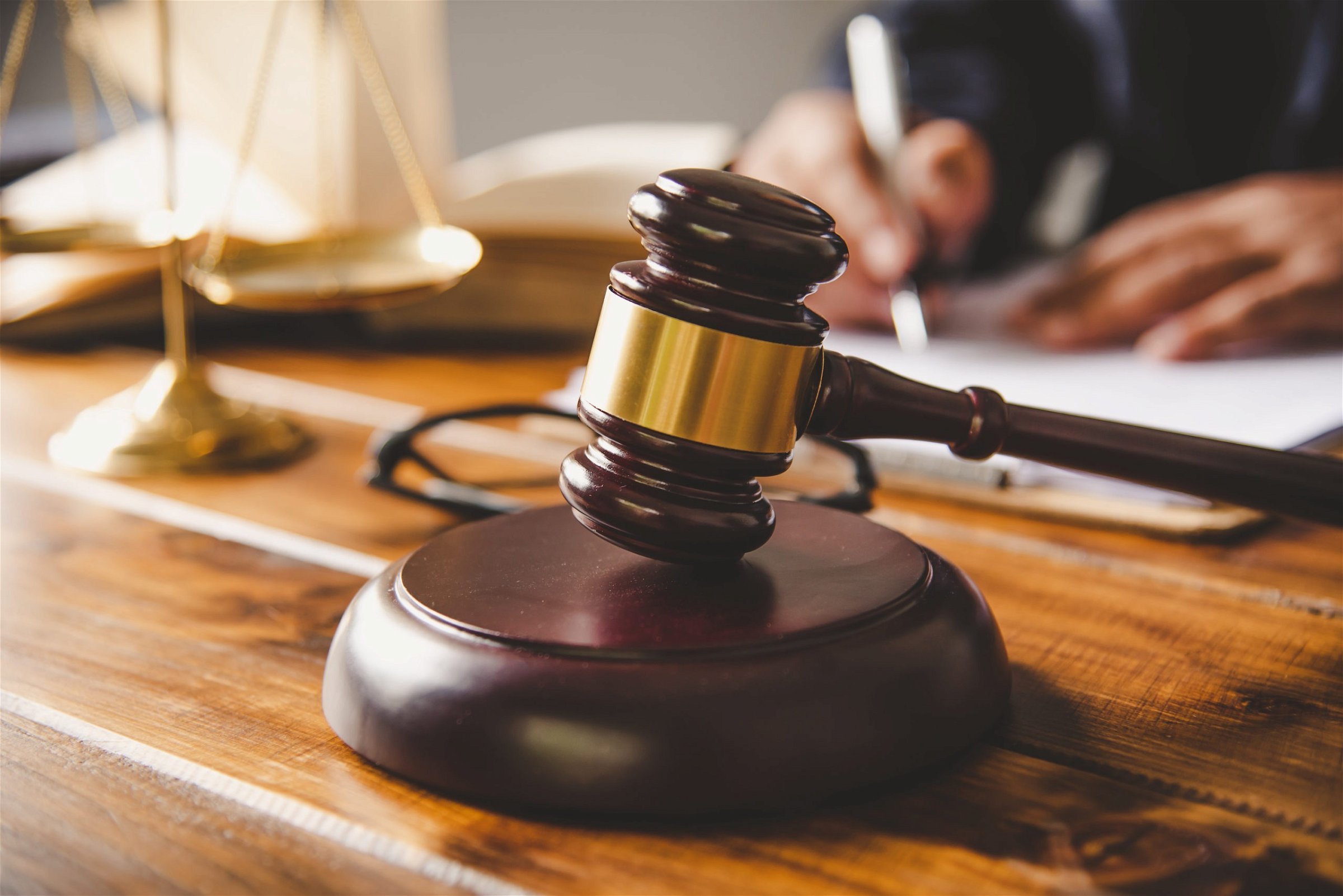In any civil case heard in court, a judge or jury will determine a verdict and the court will enter a judgment. A judgment is also sometimes issued by the court after a judge has approved a settlement. In collection cases, the judgment will typically require one person to pay money to another. However, borrowers do not always repay a debt, even after being ordered by a court to do so. When this is the case, the creditor may pursue a judgment lien that allows them to recover the amount owed.
A judgment lien provides creditors with the right to receive a portion of the proceeds from the sale of the property. Judgment liens pose a great risk, as they could place your home or business at risk. If you have a judgment lien against your property, or you fear you soon will, it is important to know how these liens work.
Types of Property Subject to Liens in New Jersey
In all states, judgment liens can be attached to real estate property, such as condos, houses, land, and other similar types of property. Some states also allow liens to be placed on personal property, such as a person’s art, jewelry, and antiques. New Jersey law does not allow judgment liens on personal property, although lenders can place a lien on real estate property.
Standard Liens vs. Judgment Liens
One of the reasons judgment liens are so misunderstood is because they are confused with standard liens. Both are very common but there are important differences.
Standard liens are typically entered into voluntarily in exchange for a loan agreement or contract. For example, if a home buyer wants to take out a mortgage to help them pay for a loan, they will enter into a standard lien that states the lender can seize the property if they fail to pay on the home loan.
Judgment liens are somewhat different. These are typically a result of action taken by a court, usually as part of a lawsuit being heard. If borrowers stop making certain payments in accordance with a loan agreement, the court can place a judgment lien on the property to make sure the borrower starts and continues to repay the loan. Borrowers typically know when a lender is trying to secure a judgment lien against them because they are first given notice of the lawsuit.
Judgment liens are considered a ‘black mark’ on properties. The lien must be discharged before property can be refinanced, or before other financial transactions occur. Still, it is important to know how to get these liens discharged so the black mark is erased and so homeowners in particular have a chance to keep their home.
Removing Judgment Liens
Judgment liens can be removed from a property in a number of ways.
The first is when a borrower can repay the amount owed under the lien. Although this may seem like an obvious solution, it is important to consider all facts of the case before paying the amount owed on a lien. Before paying the amount owed on a lien, you may want to contact the holder of the lien to determine if you can pay a lower amount, or seek help from a third party to arrange a repayment plan that is more manageable. It is important to note that while a judgment lien may be for a specific loan, you may also be responsible for paying court and collection fees before the lien is removed.
In certain circumstances, you can also ask a court to remove a judgment lien on your property. These requests are evaluated on a case by case basis, and asking the court to remove a lien does not always guarantee success. However, in certain situations, you may be able to. For example, if you filed bankruptcy after a lien was placed on your property, you can use this fact when asking a judge to remove the judgment lien.
Call Our New Jersey Collection Lawyers Today
Having a judgment lien placed on your property is a very frustrating and stressful experience. If you fear a debt collector will pursue a judgment lien, or you need help removing an existing lien, our collections lawyers in Parsippany-Troy Hills can advise on your case. We know how to defend collections lawsuits, and will build you a solid case to help you remove a lien, or prevent one altogether. Call us today at (973) 265-6100 or fill out our online form to schedule a consultation.
